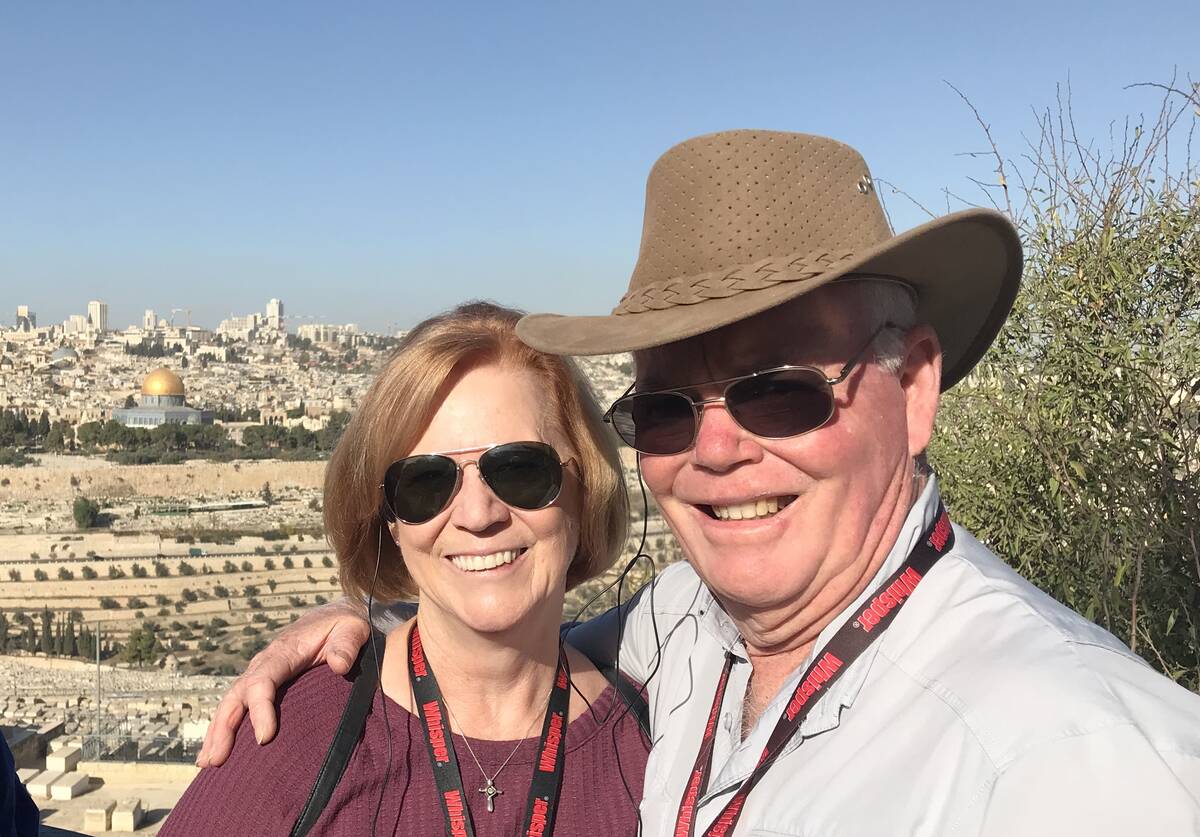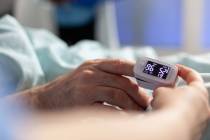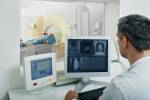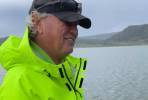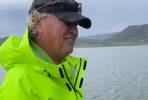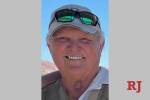Missed mammogram turns into cancer diagnosis
COVID-19 altered the plans for Deborah Klink, and she missed her annual mammogram in 2020. However, she considers herself fortunate.
Klink, a 71-year-old retiree who was a senior purchasing agent for Caesars Entertainment, said she’s lucky her breast cancer diagnosis was still caught early enough even though her mammogram was delayed.
In April when her husband, Doug, opted to change doctors, Klink chose to do the same and went to a family practitioner who ordered a baseline of tests, including a mammogram.
“I wasn’t planning on having a mammogram done until later in the year,” Klink said. “The last one was 2019. COVID messed up everything, and I didn’t get one in 2020 because you didn’t want to go in or they weren’t seeing people so it was time for me to get one. I thought I still had some time.”
Ten days after she met with her doctor, she got the mammogram and the results came back abnormal. Doctors wanted to do a follow-up with another mammogram, Klink said.
“In June they wanted to do a biopsy because the mammogram came back abnormal again,” she said. “They saw something they wanted to take a look at, and I said OK. (Four days) after the biopsy I got a call saying it showed cancer, and they wanted to get me in for a follow-up on that.”
Klink said she met with Ferra Lin-Duffy, a breast surgeon at Comprehensive Cancer Centers of Nevada. She had surgery July 24 and was home by midafternoon.
“They checked the area that they had done the biopsy and checked the lymph nodes and found they had gotten everything,” Klink said. “The cancer was so small that the surgeon wondered how they ever found this because it’s so small. Early detection is the key to this whole thing. It was about four months from the time I met my new doctor until it was done.”
Klink started radiation Aug. 30 and finished Sept. 3. No chemotherapy was required because the cancer was so small, she said.
“My medical oncologist said because I have cancer, I’ll never be cancer-free,” Klink said.
It’s always something she has to monitor, and she takes medication daily to reduce estrogen that feeds on this type of cancer.
“I feel like I am so blessed that God had put everything in the right timing,” Klink said. “As soon as I found out I had cancer, I started calling my girlfriends and prayer warriors and had everybody on high alert. I even told one of my pastors that this is no big deal. We found it early. She said it is a big deal, and we will continue to pray.
“Everything has gone so amazingly well. I have no scars and no bleeding after surgery. I have no aftereffects. I was back to my normal activities within a couple of days. Early detection and faith that it’s going to be resolved are key. If you’re going to have cancer, I had the best scenario there could be.”
Klink not only credits her success with breast cancer to catching it early but how technology now is so advanced. She had a new form of APBI (accelerated partial breast irradiation) where a coil called BioZorb was implanted into the breast that will be absorbed by her body. It leaves behind clips or seeds so if the cancer ever comes back they will know exactly where to go.
Lin-Duffy said the BioZorb is a 3D implantable marker that consists of a spiral, bioabsorbable framework embedded with six permanent titanium clips designed to precisely mark your surgical excision site. It’s designed to improve outcomes in breast-conserving surgery and absorb into the body over several years. The BioZorb provides three-dimensional targeting for radiation therapy and comes in a range of sizes from 2cm to 5cm, Lin-Duffy said.
Michael Anderson, a radiation oncologist at Comprehensive Cancer Centers, said the intensity-modulated radiation therapy allows for high doses of precision radiation.
“This technology has been around for a while but is just starting to be used in breast cancer,” Anderson said. “IMRT is mostly used in prostate cancer, head and neck cancer and brain tumors. They are starting to use this technology in patients with favorable early-stage breast cancer.”
Anderson said Klink’s breast cancer is common but what’s unique about her situation is that the tumor was so small that it was almost removed in its entirety on the biopsy. That’s a perfect candidate for the radiation treatment, he said.
“The prognosis is excellent, and she did great with the five days of treatment,” Anderson said.
Anderson said breast cancer treatment like Klink received is getting more individualized based on the patient’s stage and prognosis.
“Radiation used to be pretty uniform and everybody pretty much got the same treatment 20 to 25 years ago,” Anderson said. “Now we look at the tumor stage and whether the tumor is estrogen-receptor positive or not.”
Lin-Duffy said in the past surgeries involved mastectomies with a lymph node removal but now the patient has choices of a lumpectomy followed by radiation or a mastectomy with a choice of reconstruction. That comes down to the type of breast cancer, how big and its location, she said.
“Patients with early-stage hormone-receptor-positive breast cancer have upwards of 90 percent 10-year survival, and the majority of them may die of something else,” Anderson said.
As for breast cancer in the era of COVID-19, Anderson said those with early stages and radiation treatment aren’t at greater risk to be hospitalized from the coronavirus but are about the same odds as the general population if vaccinated. Those with more advanced stages who require chemotherapy and are immunocompromised are at greater risk of being hospitalized even if vaccinated.



